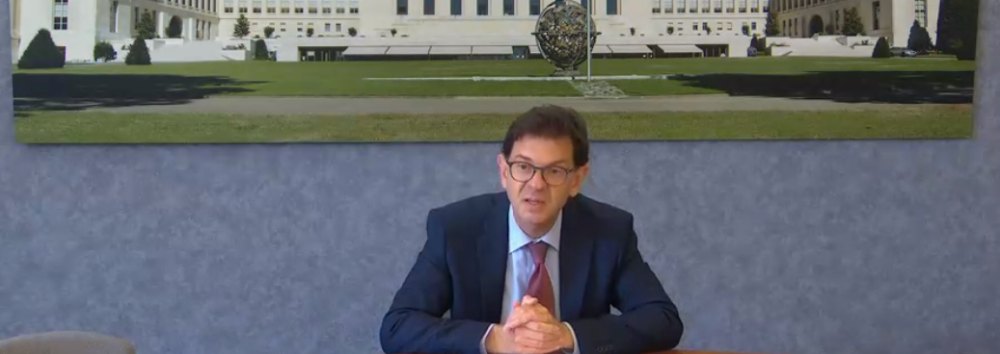
The Second Meeting of States Parties (2MSP) took place in Beirut, Lebanon, from 13 to 16 September 2011 and gathered more than 1,000 delegates from 52 States Parties, 38 signatories States, 41 observers and 15 international organizations (see list below).
The 2MSP was opened by the Deputy Prime Minister and Minister for Foreign Affairs of the Lao People’s Democratic Republic, President of the 1MSP to the CCM, Mr. Thongloun Sisoulith. During the first plenary meeting, the meeting elected by acclamation Dr. Adnan Mansour, Minister of Foreign Affairs and Emigrants of the Republic of Lebanon, as President of the 2MSP to the CCM, assisted by Najla Riachi Assaker, Permanent Representative of Lebanon to the UN in Geneva.
Major decisions of the 2MSP:
- Delegations agreed to encourage States Parties to implement the recommendations contained within the paper submitted by Australia on the application of all available methods for the efficient implementation of Article 4;
- Delegations agreed to encourage States Parties to make use of the papers submitted by New Zealand on national legislation;
- Adoption of a mandate for the President of the 2MSP to negotiate the necessary decisions in order to establish an Implementation Support Unit;
- Implementation of an informal intersessional meeting in April 2012 in Geneva and establishment of working groups and appointment of the Coordinators who would guide the intersessional work programme as follows:
-
- General status and operation of the Convention (Holy See and Zambia)
- Universalization (Japan and Portugal)
- Victim assistance (Austria and Bosnia and Herzegovina)
- Clearance and risk reduction (Lao PDR and Ireland)
- Stockpile destruction and retention (Germany and Croatia)
- Cooperation and assistance (Spain and Mexico)
- Reporting (Belgium)
- National implementation measures (New Zealand)
Sessions and statements:
Day 1: Opening of the meeting
Day 1: Procedural issues
Day 2: General exchange of views
Day 2: Stockpile destruction and retention
Day 3: Clearance and risk reduction
Day 3: Victim assistance
Day 3: Transparency measures
Day 3: National implementation measures
Day 3: 2012 work plan
Day 4: Cooperation and assistance
Day 4: Universalization
Day 4: Compliance
Day 4: Any other business
Day 4: Concluding remarks
Relevant documents:
List of participating States and organizations
Friends of the Chair – contact list
Conference documents are available on the United Nations Office for Disarmament Affairs’ website.
